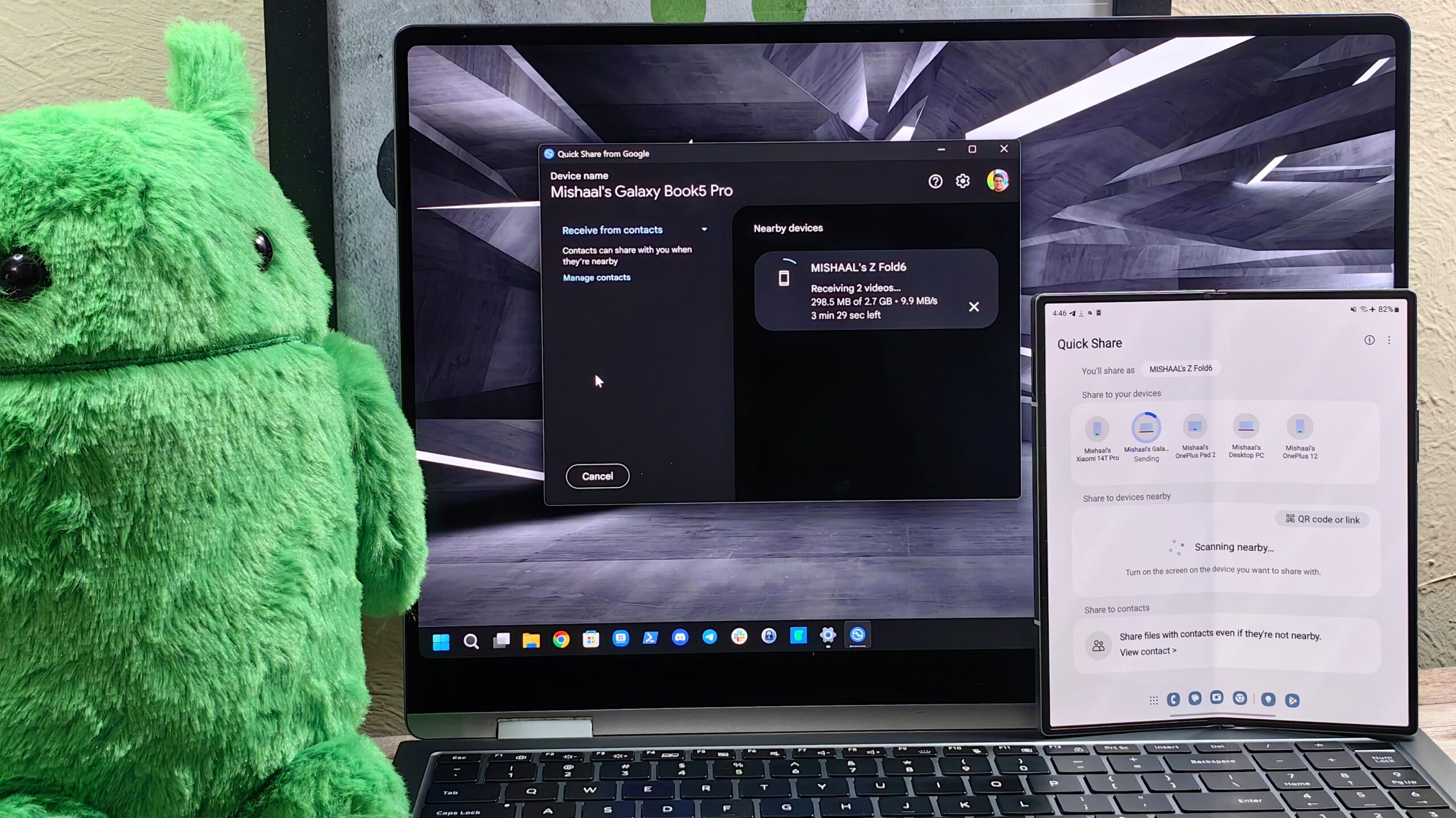
Mishaal Rahman / Android Authority
TL;DR
- Quick Share for Windows no longer requires your Windows PC and Android phone to be connected to the same Wi-Fi network to get decent transfer speeds.
- Instead, your Windows PC just needs to have Wi-Fi turned on, even if it’s not connected to any network.
- Previously, if your Windows PC and Android phone weren’t on the same network, your files would transfer really slowly over Bluetooth.
One of the best tools to transfer files between your Android phone and your Windows PC is Quick Share. It’s easy to set up, easy to use, and transfers files really quickly. However, one major issue with the Quick Share for Windows client is that it transfers files really slowly if your Windows PC isn’t on the same Wi-Fi network as your Android phone. At least, that’s how things used to be, because Google quietly fixed this problem some time back.
When Google launched Quick Share for Windows back in 2023, it stressed that both your Android phone and your Windows PC need to be connected to the same network in order to get the best file transfer speeds. If not, then Quick Share would transfer files over a Bluetooth connection, which is dramatically slower than a Wi-Fi connection. For example, when I tried to transfer a 5.4GB file from my Android phone to my Windows PC over a Bluetooth connection, the transfer rate hovered around 60KB/s, meaning it would take close to a day to complete the transfer.
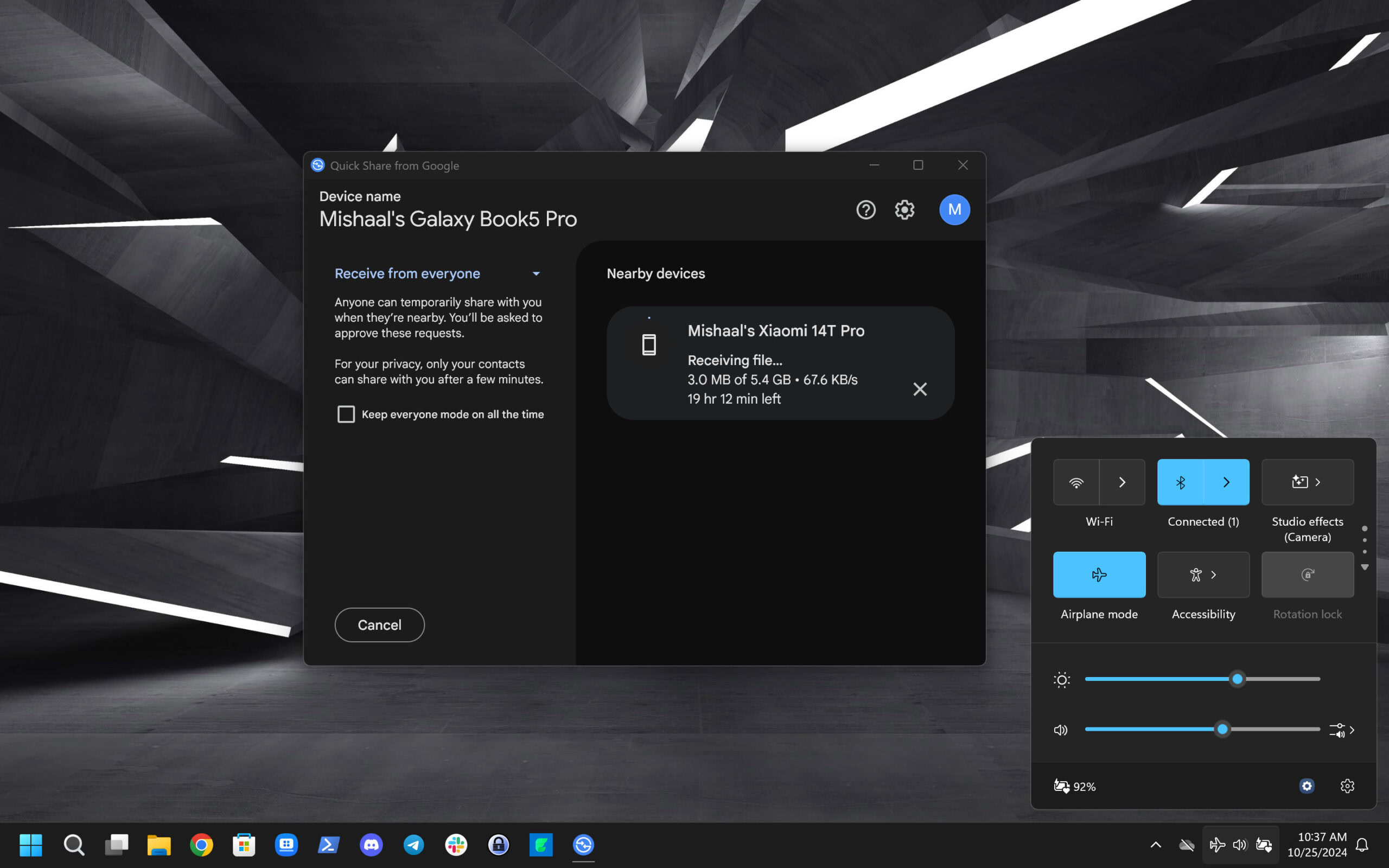
Mishaal Rahman / Android Authority
Using Bluetooth to transfer files
In contrast, when I tried to transfer the same file over a Wi-Fi connection, the transfer rate shot up to around 30MB/s on the low end, cutting the transfer time down to just a few minutes.
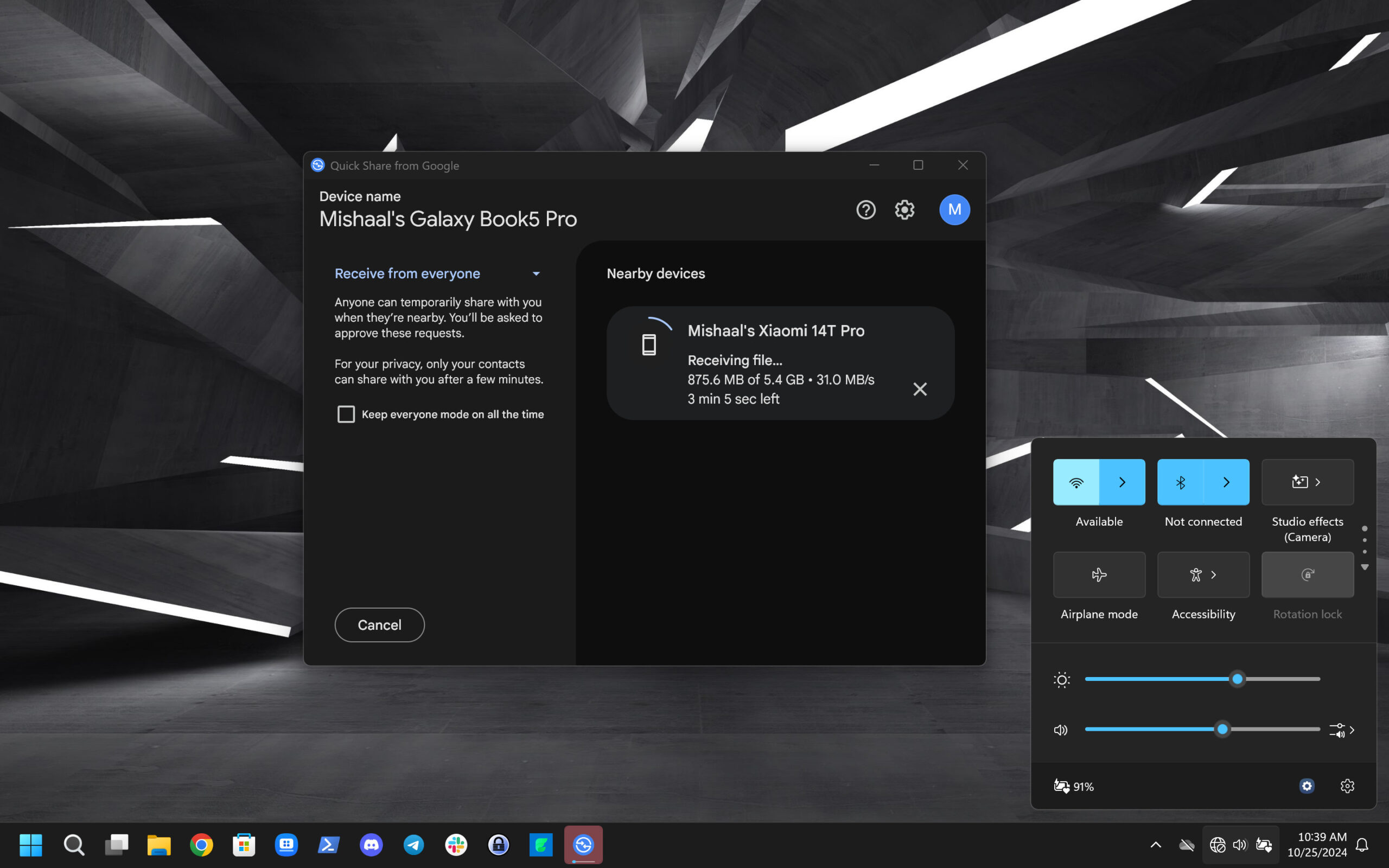
Mishaal Rahman / Android Authority
Using WiFi to transfer files
In the screenshot I posted above, you’ll notice that my Windows PC isn’t connected to a Wi-Fi network at all, yet it’s still receiving a file at ~30MB/s. I thought that was odd given that Google’s own support page and the Quick Share for Windows app itself still say that your Windows and Android devices need to be connected to the same network to get the best transfer speeds, but that’s clearly not the case anymore. I don’t know exactly when this changed (version 1.0.1724.0 is the oldest I tested), but I’ve recently noticed that Quick Share for Windows can receive and send files at pretty decent speeds so long as your Windows PC has Wi-Fi turned on. Your Windows PC doesn’t even need to be connected to a Wi-Fi network at all, in fact.
While transferring files from two of my phones (a Xiaomi 14T Pro and a OnePlus 12) to two of my Windows PCs, I noticed that my phones began the transfer over Bluetooth before switching over to a Wi-Fi connection after a few seconds. I knew this because the transfer rate was initially 60-80KB/s but then sped up to 30-40MB/s after my phones disconnected themselves from my home Wi-Fi network and created a Wi-Fi hotspot. The hotspot my phones created was named something like “DIRECT-XXXXX,” which suggests the connection was over Wi-Fi Direct. However, I asked around and was told that the Nearby library doesn’t support Wi-Fi Direct yet on Windows, so I’m not entirely sure what method of connection is used.
Regardless, this change solves one of the biggest problems with Quick Share for Windows. When you’re on the go, it can be a hassle to get your Windows PC connected to the same Wi-Fi network as your Android phone, so Quick Share dropping that requirement makes it usable pretty much anywhere. Exactly how quickly files will actually transfer for you will depend on your exact environment and the quality of your devices’ Wi-Fi cards. A file transfer between my Xiaomi 14T Pro and my Samsung Galaxy Book5 Pro 360 hit upward of 90-110MB/s, though it usually hovered around the 30-40MB/s mark that I mentioned earlier.
With this limitation now gone, the only other major issue with Quick Share for Windows is its lack of ARM compatibility. Interestingly, the Quick Share app itself actually does work on ARM-based Copilot Plus PCs, but you currently have to manually transfer the installation files from an x64 PC because the installer crashes.
Got a tip? Talk to us! Email our staff at [email protected]. You can stay anonymous or get credit for the info, it's your choice.

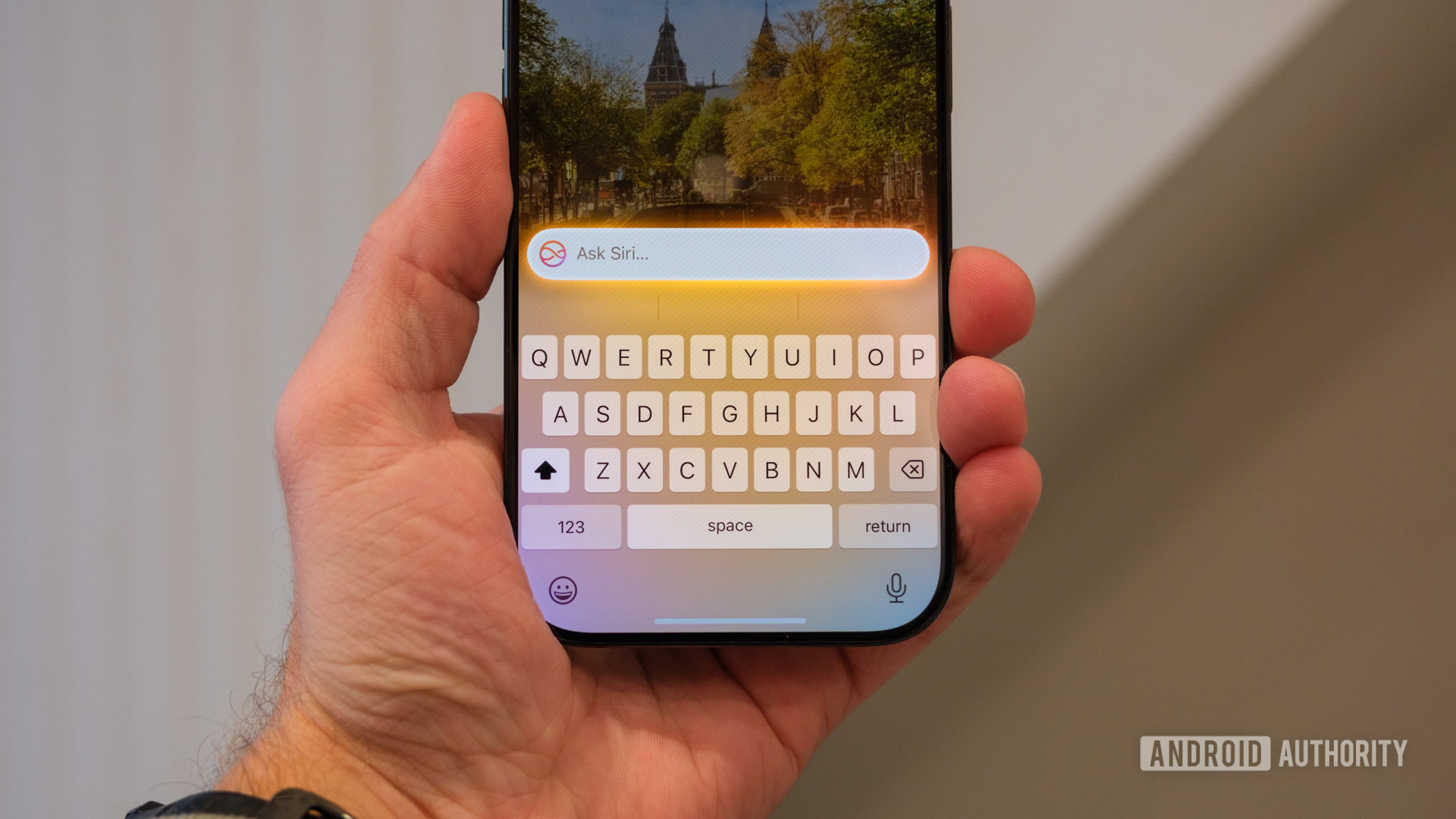
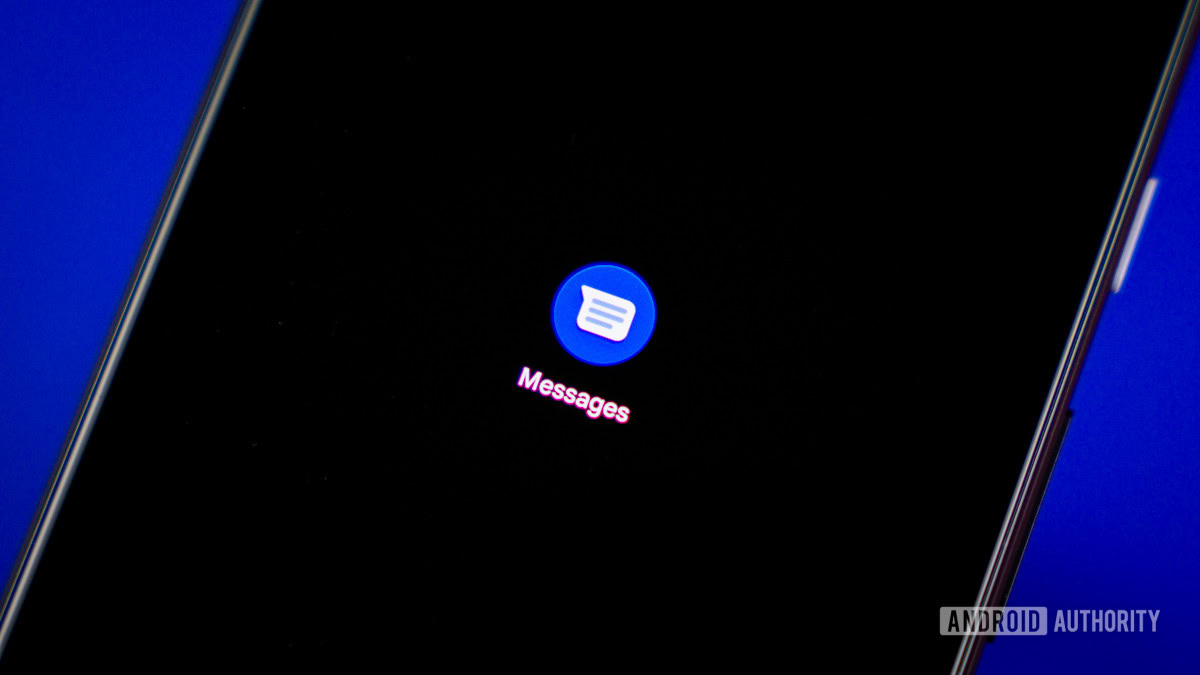




 English (US) ·
English (US) ·